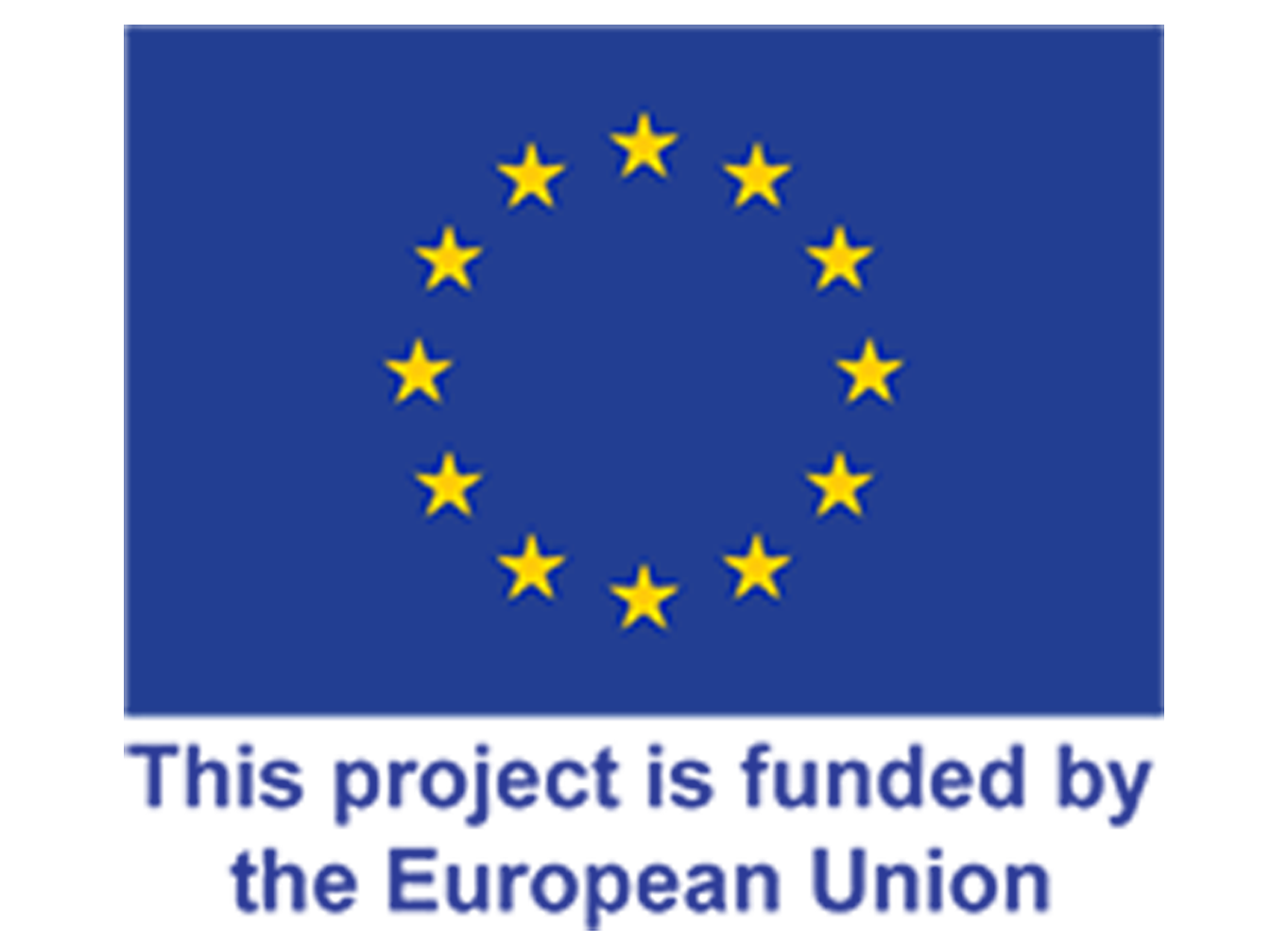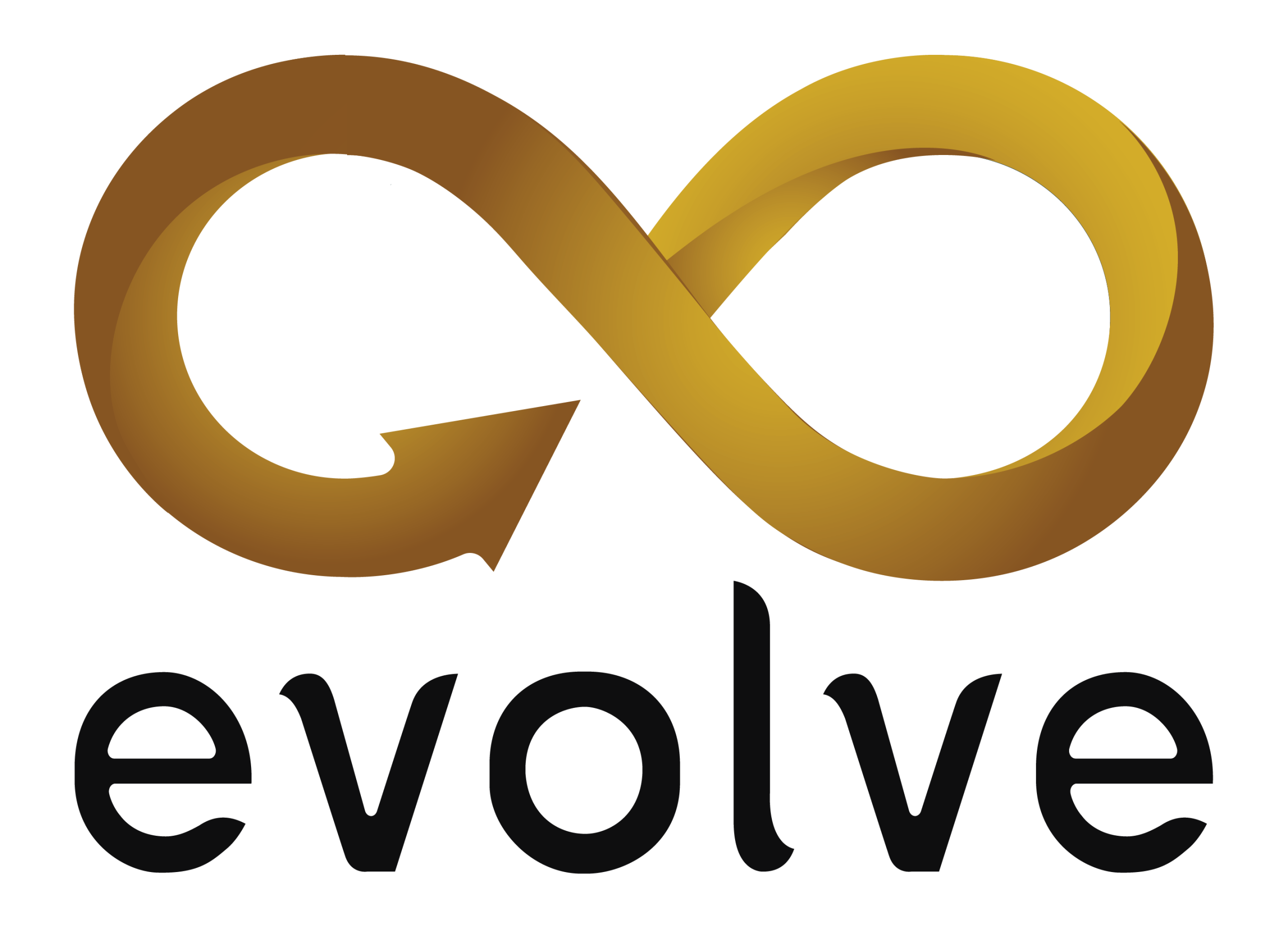Background
To ensure the principle of “no one left behind” in achieving the SDGs, SDGs regulations and action plans has been made and implemented with a wide variety of all stakeholders, including both government and non-government to participate and contribute to sustainable development. This is a mandatory requirement considering that 2030 will be a year of high development complexity. In 2030, the development agenda will not only focus on economic growth, but also focus on ensuring the sustainability and welfare of the environment as well as human welfare and social security. Therefore, partnerships and collaborations are important aspects in achieving the SDGs.
However, stakeholder engagement as an initial effort to build partnerships and collaboration has not been managed optimally. Underdeveloped planning and governance results in ineffective engagement, although stakeholder engagement and partnerships offer big potential for building sustainable development in Indonesia. In the Multi-Stakeholder Partnership Guidelines for the Implementation of the 2030 Agenda (Bappenas, 2019), Multi-Stakeholder Partnerships can strengthen the mobilization of resources (finance and knowledge capacity) for sustainable development. Furthermore, development that involves multiple stakeholders can produce creative solutions, avoid conflict, gain social support and acceptance, and save time and money in the long term (Effective Stakeholder Engagement for the 2030 Agenda, UNESCAP, 2018).
Multi-Stakeholder Partnerships can be a strategic approach to respond to various development problems, including the COVID-19 pandemic, which threatens both human safety and the continued development of a country, including threatening efforts to achieve SDGs both at the national and regional levels. From an economic point of view, the National Economic Recovery (PEN) is one of the focuses of the Indonesian Government in facing the pandemic along with strengthening the health sector. As a response to this problem statement, the International Association for Public Participation (IAP2) Indonesia in collaboration with the United Nations Economic and Social Commission for Asia and the Pacific (UNESCAP) initiated the “Strengthening the Indonesia Multi-Stakeholder Partnership Initiatives for the 2030 Agenda” project to mainstream and strengthen Multi-Stakeholder Partnership initiatives to strengthen the knowledge and capacities of policy makers from various circles at the national and sub-national levels, and to institutionalize these partnerships to accelerate sustainability. development in Indonesia as a strategic approach to accelerate the achievement of the SDGs in lndonesia. The event is also in line with the Multi
2
Stakeholder Partnership (MSP) Day which will be held by the Ministry of National Development Planning / BAPPENAS (National Development Planning Agency).
Program Objectives/Outcomes
a. Strengthening the institutional and human resource capacity of the main SDGs actors at the national and local levels for both government and non-government.
b. To develop Multi-stakeholder Partnership pilot projects at the national and local levels.
c. Optimizing the campaign to increase knowledge and understanding of SDGs mainstreaming in the community and the public as a whole.
The Program Outputs
a. Initiating a collaboration platform that accommodates key actors in the development of Multi-Stakeholder Partnerships to accelerate the achievement of the 2030 Agenda (SDGs) at the National and Sub-National in Indonesia.
b. Initiating substantive framework and technical preparations including project planning, organizing, implementation, outreach, and series of controlling activities in accordance to mainstreaming MSP initiatives in Indonesia
c. Documentation of best practices in sustainable development using the Multi-Stakeholder Partnership Approach based on the results of a pilot project.
Scope of Works of Project Manager
1) Undertake day-to-day operational management of the project to ensure that activities produce satisfactory quality outputs and outcomes; Present annual work plans and budgets;
2) Undertake monitoring and evaluation activities for the project in close collaboration with the IAP2 Indonesia Board members and espescially the project team to ensure effective monitoring of everyone’s activities.
3) Undertake monitoring of the budget implementation and accounting to ensure accuracy and reliability of project expenditure.
4) Manage the stakeholder engagement:
a. With the core project stakeholders, such as with IAP2 Boad members, relevant Bappenas team members, relevant UNESCAP team members
b. With the key project stakeholders, such as National SDGs’ secretariat, and Kementerian Desa.
5) Effective support on knowledge generation and knowledge sharing based on programme/project experiences, and, when appropriate, make contributions to knowledge networks and communities of practice.
6) Ensure effective quality assurance and oversight, and application of Results Based Management across the portfolio
7) Experience in working with various stakeholder such as academician, private sector, NGO, etc
Deliverables
1) Project execution plan
2) Project stakeholder engagement plan
3) Financial reports and supporting documentation, which will be preented to the donor/co-partner, and ensure that all financial records for the project are up to date;
4) Project progress reports, which will be preented to the project team and partners on a regular basis
5) Compilation of key sources of information and best practices for projects and thematic issues within the portfolio and facilitate access to this information by programme and project staff and other relevant counterparts
6) Project performance assessment report to identify success factors and incorporates best practices into project work
7) Researches’ linkages report across programme activities to identify critical points of integration
Qualifications
1) Has at least 3 (three) years of experience in the specific issue of Multi-stakeholder partnership and SDGs and work experience with the Indonesian governments;
2) Experience more than 3 years in project management in international development is highly desirable
3) Proficiency in MS Office and Social media (Facebook, Instagram, LinkedIn).
4) Demonstrates commitment to participatory and bottom-up approaches and the ability to manage projects;
5) Has strong analytical, interpersonal and social skills;
6) Experience in research and report writing;
7) Experience of working for, or in cooperation with, government institutions;
8) Working experience in international cooperation development projects will be an advantage; Fluent in Bahasa and English
How To Apply
The post Project Manager for the Multi-Stakeholder Partnership Initiative in Indonesia appeared first on Devjobsindo ORG.




